Certification of facts
Certification of facts is the way in which an occurrence or a real circumstance, something that happened or an action committed by someone is confirmed, attested by the notary public, who has become aware of it through his/her own senses.
The notary public certifies facts in the cases provided for by law. As long as the certification of facts takes place at the notary’s office, there are no restrictions regarding territorial jurisdiction. In case the certification of a fact involves travelling, the jurisdiction will be limited to the notary public who can go to that place (the notary public can only travel in the territorial district of the court where they carry out their activity. We can come in any sector of Bucharest Municipality).
Steps to follow for the certification of facts:
- Submission of the application;
- The notary public ascertaining the fact through own senses;
- The notary public ascertaining the fulfilment of the procedure by the certification.
The following can be certified:
- The fact that a person is alive
In this case the person concerned will come to the notary’s office (or the notary will travel) and the notary public will see them alive and identify them according to the general rules of person identification in notarial proceedings.
- The fact that a person is in a certain place
It cannot refer to a deceased person. Depending on the request, the certification will mention the following: either the exact address or the locality, if the notary public travelled, or the fact that the person was at the notary’s office.
- The fact that the person in the photograph is one and the same as the person applying for certification
The person applying for certification will submit a recent photograph, in the number of copies requested to be certified, plus one for the notary’s archive. The photograph copies must be identical.
- The fact that a person, following a summons or notification, has or has not come on a particular day and at a particular time at a certain place, as well as their statement
The interested party will file a copy of the summons or the notification, together with proof of service thereof to all persons concerned.
The notary will check whether the service of the summons or notification was made in accordance with the law, and if it is not, they will ask for the procedure to be repeated. Irregularities in the citation procedure will be deemed to be covered in case the person summoned or served appears before the notary public.
- Results of raffles, prize draws, contests, advertising lotteries organized by authorized entities in accordance with special regulations, unless granted by law to the competence of other bodies
The rules and any other document based on which the lottery is to be conducted must be authenticated before the start of the operation. In case the event takes place over several days, the notary public will draw up separate certificates.
- Certification of websites, software or other products, unless granted by law to the competence of other bodies
The certification of websites should be understood in the sense that the notary certifies by their own senses the contents at a given moment of that page. The certification does not imply that the contents of the page corresponds to reality.
The certification includes the identification of the applicant, the website address, the number of pages printed, the date (year, month, day, hour, minute of publication). A screenshot printed on paper is attached to the certification.
To the certification of software irrespective of the form in which the program is submitted by the party, the printed version of the program will be attached.
The notary public may request the presence of an expert for both the certification of websites and the certification of software.
As regards the certification of other products, they will be presented at the office or will be identified by the notary upon the on-site visit. In the contents of the certification, the identification of the product will be made by describing its elements, identifying the applicant and the date (year, month, day, hour, minute and place of the ascertainment). Also, a photograph of the product is attached to the certification.
- Certification of other facts that are not granted to the exclusive competence of other bodies.
- The notary public can certify any fact as long as it is not granted to the exclusive competence of other bodies.
- Certification of minutes or decisions of the collegial bodies.
- In order to certify the minutes and decisions, the notary public establishes the quality and identity of the signatories. The certification issued by the notary public does not certify the legality of the decision or of the minutes, but only the facts recorded in the certification.

